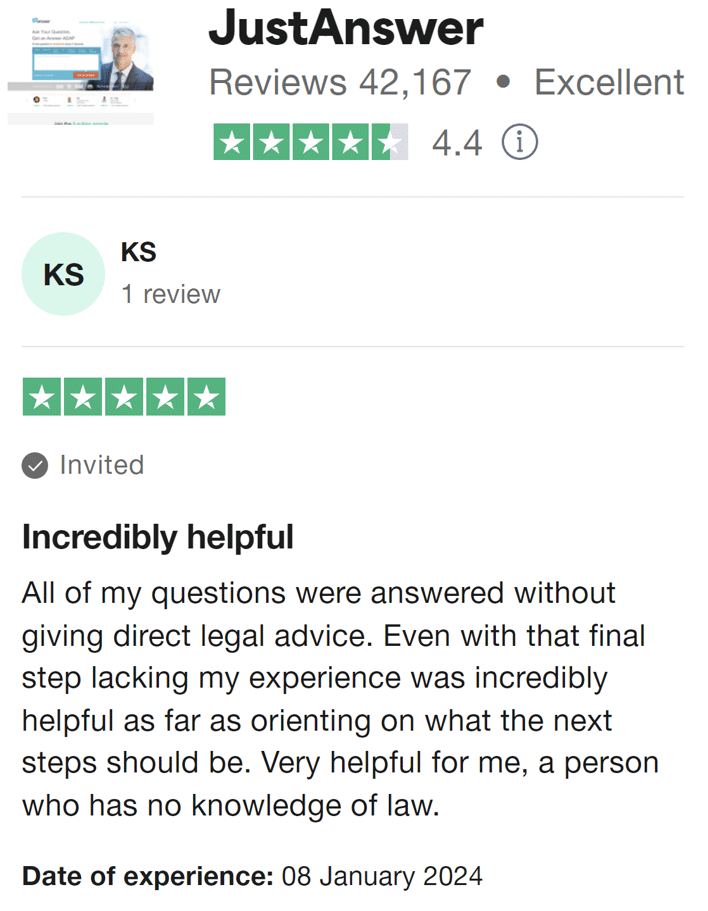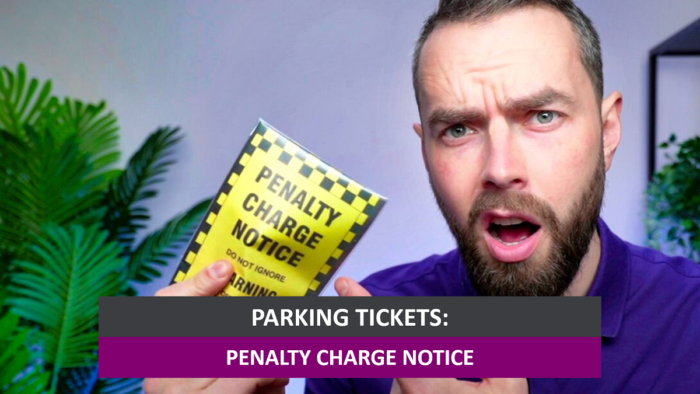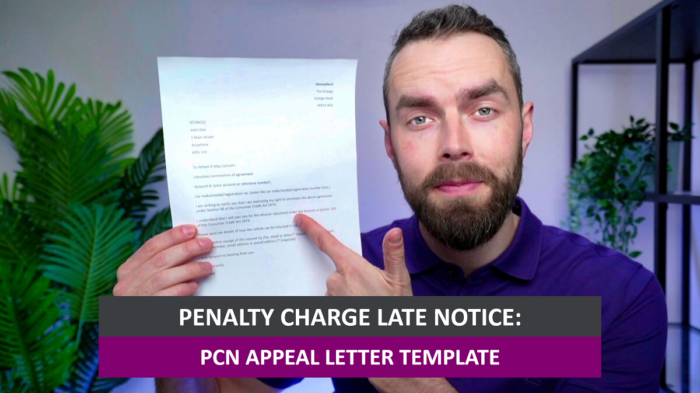I Can’t Afford to Pay my Fixed Penalty Notice – Things You Can Do
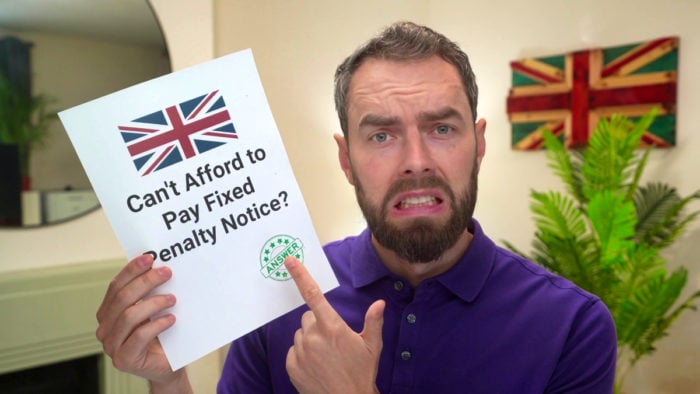
Are you worried because you can’t afford to pay your Fixed Penalty Notice? This article is here to help. We will give you clear, simple advice on what you can do. Every month, over 130,000 people use our website to understand fines and penalty notices better.
In this article, we will explain:
- What a Fixed Penalty Notice (FPN) is.
- Whether or not you need to pay your FPN.
- Ways to challenge an FPN.
- Situations where you might not need to pay.
- What could happen if you ignore the FPN.
We understand that getting a Fixed Penalty Notice can be a big worry, and not only for you. A group of MPs and Peers are also worried about Fixed Penalty Notices. They say FPNs, which can cost up to £10,000, are hard to understand and might be unfair.1
But you’re not alone – in fact, many people face this problem. We are here to help you understand your options and guide you through what you can do next.
Let’s dive in.
Most Appeals Succeed
In some circumstances, you might have a legitimate reason not to pay your fine.
It’s a bit sneaky, but the last time I needed legal advice, I paid £5 for a trial to chat with an online solicitor called JustAnswer.
Not only did I save £50 on solicitor feeds, I also won my case and didn’t have to pay my £271 fine.
Chat below to get started with JustAnswer
*Around 35,000 people dispute their tickets each year with the Traffic Penalty Tribunal, and a striking 64% of those appeals are successful, so it’s well worth a try.
How much is a Fixed Penalty Notice?
Can I appeal?
Successful Appeal Case Study
Situation
| Initial Fine | £100 |
| Additional Fees | £171 |
| Total Fine | £271 |
The Appeal Process
Scott used JustAnswer, online legal service to enhance his appeal. The trial of this cost him just £5.
| Total Fine | £271 |
| Cost of legal advice | £5 |
JustAnswer helped Scott craft the best appeal possible and he was able to win his case.
Scott’s fine was cancelled and he only paid £5 for the legal help.
In partnership with Just Answer.
What if I ignore it?
» TAKE ACTION NOW: Get legal support from JustAnswer
I can’t afford to pay, what can I do?
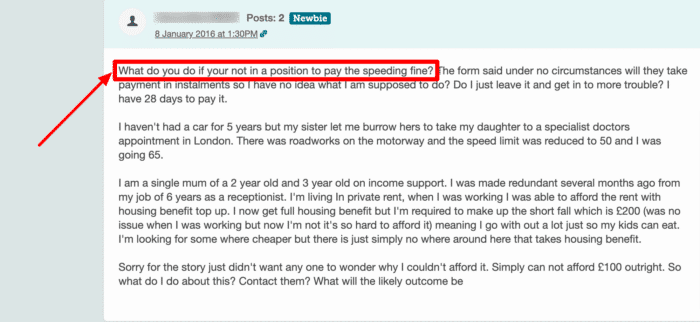
We can see here that this forum user on MoneySavingExpert cannot afford to pay her FPN, so she is looking for advice on what happens if you can’t pay a fine.
Showing your budget
Join thousands of others who got legal help for a £5 trial
Getting the support of a Solicitor can take a huge weight off your mind.
Reviews shown are for JustAnswer.
I have ignored my Fixed Penalty Notice and have to go to court; what can I do?
Glossary of terms
FPN – Fixed Penalty Notice. An FPN or Fixed Penalty Notice is an offer to pay a fee to avoid being prosecuted in the Magistrates’ Court. They are issued to people for different types of offences, including motoring offences, environmental crimes and other minor offences in public.
NIP – Notice of Intended Prosecution. A NIP or Notice of Intended Prosecution informs a potential defendant that they may face prosecution for an offence while the incident remains fresh in their memory. The incident could be for speeding or other types of traffic violations.
PCN – Penalty Charge Notice. A PCN or Penalty Charge Notice is a type of fine from a local council or Transport for London (TfL). They are issued to motorists for different reasons, such as parking contraventions on public land or using a bus lane when not permitted.
Enforcement Officer – An Enforcement Officer or Bailiff is a person who may visit your home for debt collection if you do not pay your debts. This can happen if you ignore letters saying that bailiffs will be used. Bailiffs should usually give you at least 7 days’ notice of their first visit.
Hire a Solicitor for less than a coffee.
If you’re thinking about appealing your FPN then getting some professional advice is a good idea.
Getting the support of a Solicitor can make your appeal much more likely to win.
For a £5 trial, Solicitors from JustAnswer can look at your case and help you create an airtight appeal.
Try it below
In partnership with Just Answer.
